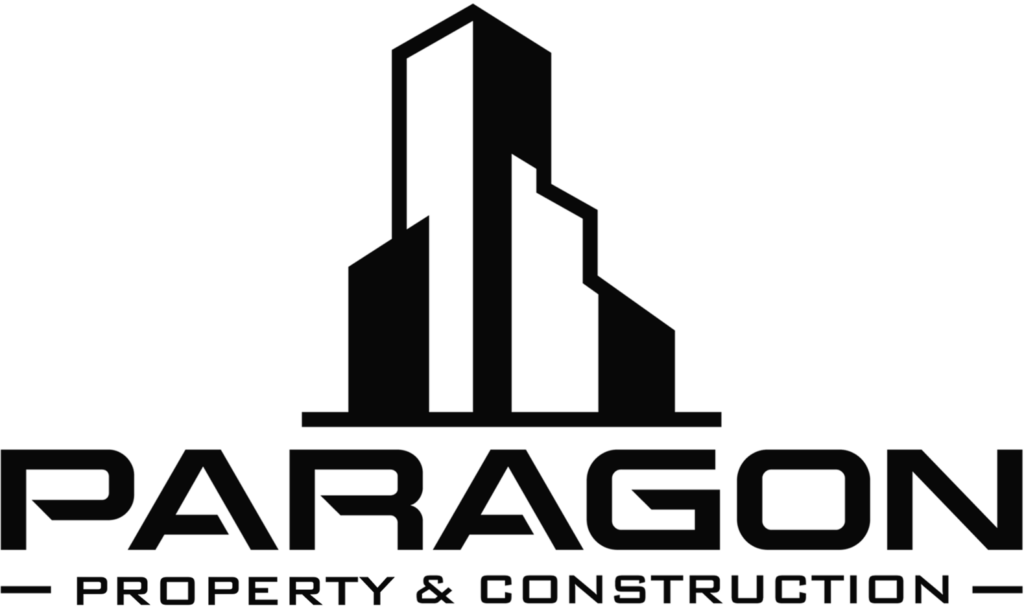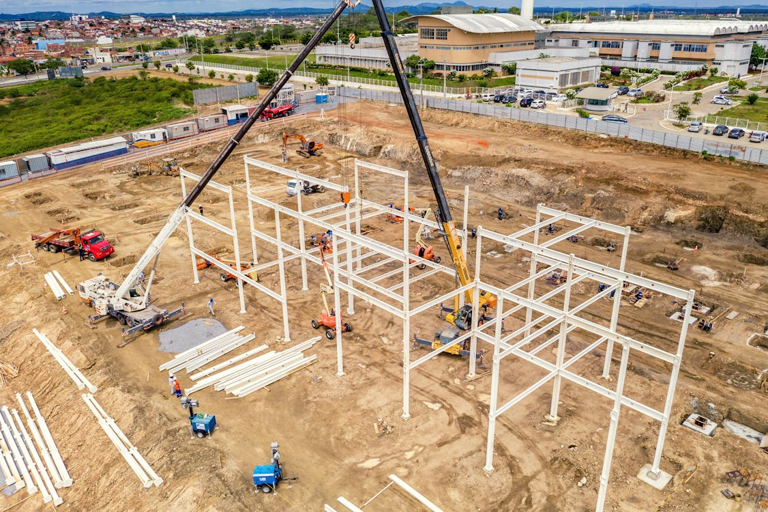The Atlanta Regional Commission reports that the city of Atlanta has issued over 10,700 combined single and multi-family building permits over the last 18 months. Atlanta’s construction market is booming, and so is the demand for efficient, hassle-free permitting.
If you’re a real estate investor, property owner, or developer eyeing opportunities in Atlanta, understanding the ins and outs of the Atlanta construction permit process is your first step to success.
The permit approval process may seem overwhelming at first. However, with the right knowledge and preparation, you can navigate Atlanta’s permit requirements efficiently. Below is a guide on everything you need to know about securing construction permits in Atlanta.
Why Permits Matter in Atlanta Construction
According to the U.S. Census Bureau, U.S. construction spending hit a massive $2.2 trillion last year. That’s 4.5% of the entire country’s economy-and guess what? Atlanta is a top city for new building permits.
Permits are more than just paperwork. They’re your ticket to a safe, legal, and successful project. Before you start any Atlanta construction project, you’ll need to familiarize yourself with these key requirements:
- Structural safety standards for both residential and commercial properties
- Fire safety codes vary by building type and occupancy
- Accessibility requirements under the Americans with Disabilities Act
- Energy efficiency standards aligning with Georgia’s environmental goals
The City of Atlanta mandates permits to ensure compliance with Atlanta building codes and Atlanta zoning laws. These regulations protect your investment, your future tenants, and the broader community.
Understanding Atlanta Building Codes and Zoning Laws
Before you think about developing in Atlanta, you need to know the rules of the game. Atlanta building codes set the standards for safety, energy efficiency, and structural integrity. These codes encompass a wide range of topics, including electrical systems and fire safety.
Additionally, they apply to all types of projects, such as residential, commercial, and mixed-use. Meanwhile, Atlanta zoning laws specify what can be built and where. Atlanta’s zoning map is divided into categories like:
- R-1 to R-5 (single-family)
- RG (multi-family)
- MR (mixed residential and commercial)
For commercial projects, zones like C-1 to C-5 and NC (Neighborhood Commercial) are applicable. Always check the latest zoning ordinances before submitting your building permit application. The City’s Municode Library is an excellent resource for up-to-date regulations.
The Construction Permit Process: Step-by-Step
Navigating the construction permit process in Atlanta doesn’t have to be overwhelming. Here’s a simplified guide to get you from concept to construction:
Step 1: Preparation
Before submitting anything, thorough preparation is essential. The City of Atlanta requires a comprehensive set of documents to ensure your project complies with local regulations and safety standards. These include:
- Detailed site plan and construction drawings
- Proof of ownership or lease:
- Contractor information and licenses
- Energy code compliance documentation
- Special approvals for additional permits related to historic preservation or environmental concerns
This stage is important because incomplete documents are the top reasons for delays or rejections in the construction permit process.
Step 2: Submission
Once your documents are ready, you submit your building permit application to the City of Atlanta’s Office of Buildings. The city offers online submission through systems like Accela. You can also submit in person if preferred.
Your application must include:
- Project details (location, scope, estimated value)
- Purpose and type of construction
- Applicant and owner information
- Contractor and design professional details
- Compliance confirmations with zoning and building codes
Submitting a complete and accurate application upfront is essential. It can help you avoid delays in the permit approval timeline.
Step 3: Review
After submission, your application enters the review phase. City officials carefully examine your plans for compliance with Atlanta building codes and Atlanta zoning laws. They include:
- Structural safety
- Electrical and plumbing systems
- Fire protection
- Adherence to land use regulations
If any issues arise-such as missing details, code violations, or zoning conflicts-you’ll be asked to revise and resubmit your plans. For complex projects, expect multiple departments to review your application. This may increase the review duration.
Step 4: Approval
Once your plans meet all requirements, the city grants approval and issues your building permit. This document officially authorizes you to start construction under the approved plans. You will have to pay permit fees at this stage. Fees vary based on project size and type.
Step 5: Inspections
With your permit in hand, construction can start. However, the process isn’t over. The City of Atlanta mandates inspections at various stages to verify that work aligns with approved plans and codes. Inspections include:
- Foundation (footings, slabs)
- Framing
- Mechanical, electrical, plumbing (MEP) rough-ins and finals
- Insulation and fire protection systems
- Final building inspection
You can schedule inspections through the Office of Buildings’ Inspection Division by phone or email. Passing these inspections is mandatory to continue work and receive the final approval.
Step 6: Final Approval
After all inspections are completed, the city issues a certificate of occupancy or final approval. This certifies that your building is safe, compliant with all applicable laws, and ready for use or occupancy. Without this final step, you cannot legally lease or occupy the property.
What to Expect From the Permit Approval Timeline?
Need a permit? The permit approval timeline in Atlanta varies depending on project complexity:
- Minor repairs and simple renovations: 1-2 business days, sometimes same-day approval.
- Residential projects (additions, remodels): 1-4 weeks
- Commercial and industrial projects: Four weeks to six months, especially if structural engineering reviews are needed
- Large-scale developments or special use projects: 6 months to over a year
Starting early, submitting complete applications, and working with experienced property managers can reduce wait times. Also, follow up regularly with the Office of Buildings and respond promptly to requests for information. To stay organized, you can keep digital copies of all submissions and correspondence.
Build Faster and Earn Sooner With Atlanta’s Full-Service Property Partner
Successfully obtaining Atlanta construction permits doesn’t have to be a frustrating experience. With proper preparation, you can efficiently transition your project from concept to construction. Are you tired of Atlanta’s permit delays stalling your profits?
Look no further than Paragon Property & Construction. Our experienced team understands the complexities of Atlanta’s construction permit process and the requirements for building permit applications. We have successfully navigated the process of obtaining thousands of permits across Atlanta and its surrounding areas, helping our clients bring their visions to life.
Contact us today to grow your Atlanta portfolio like a pro.



